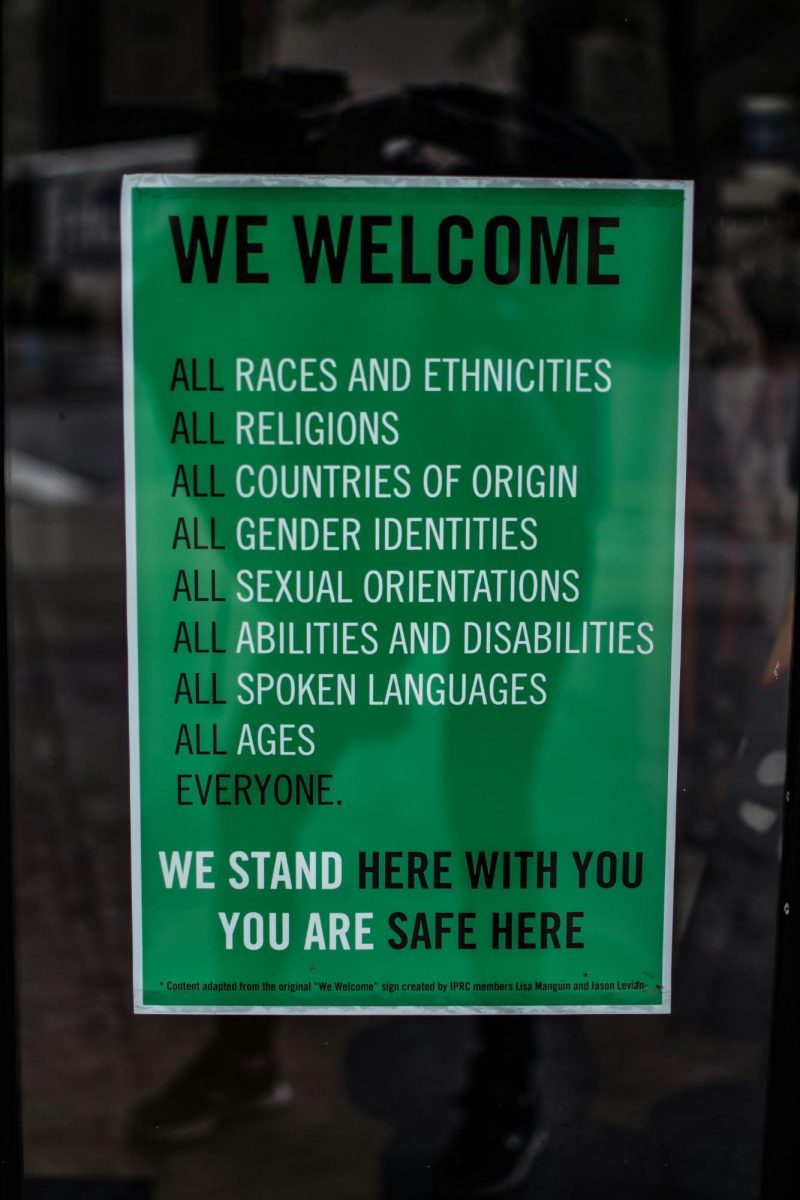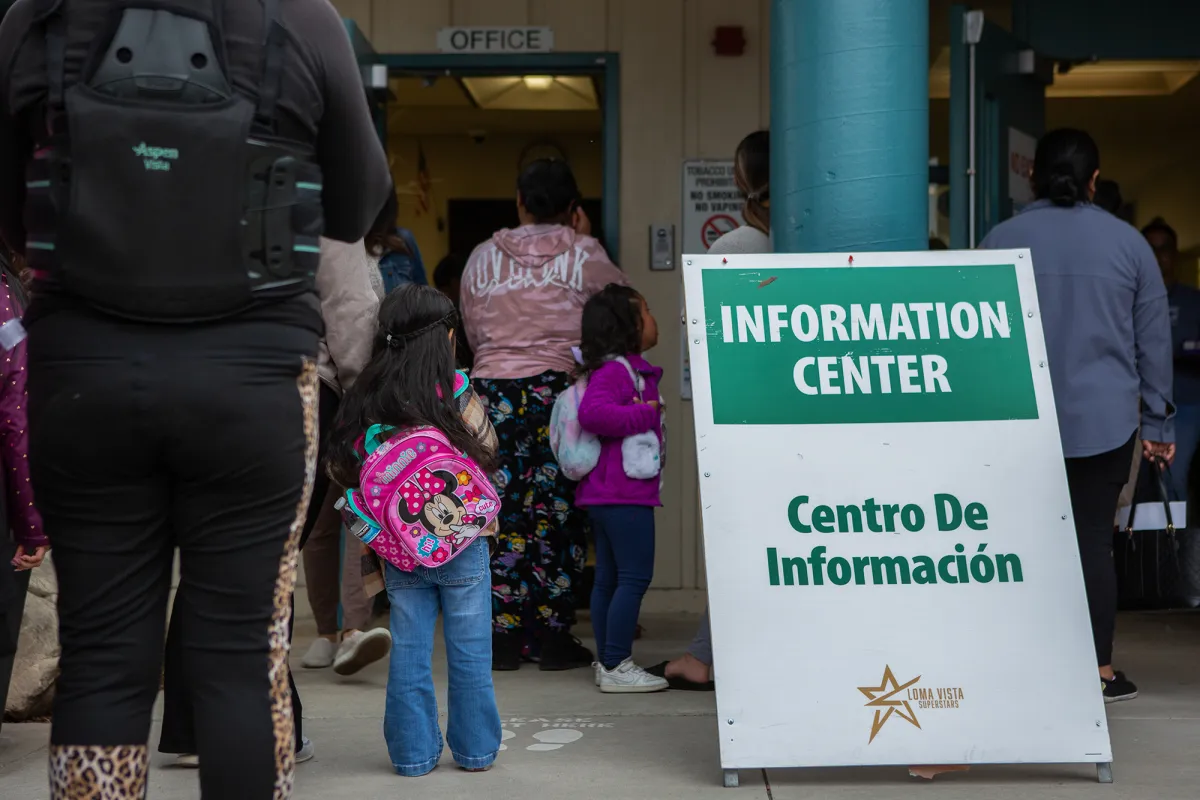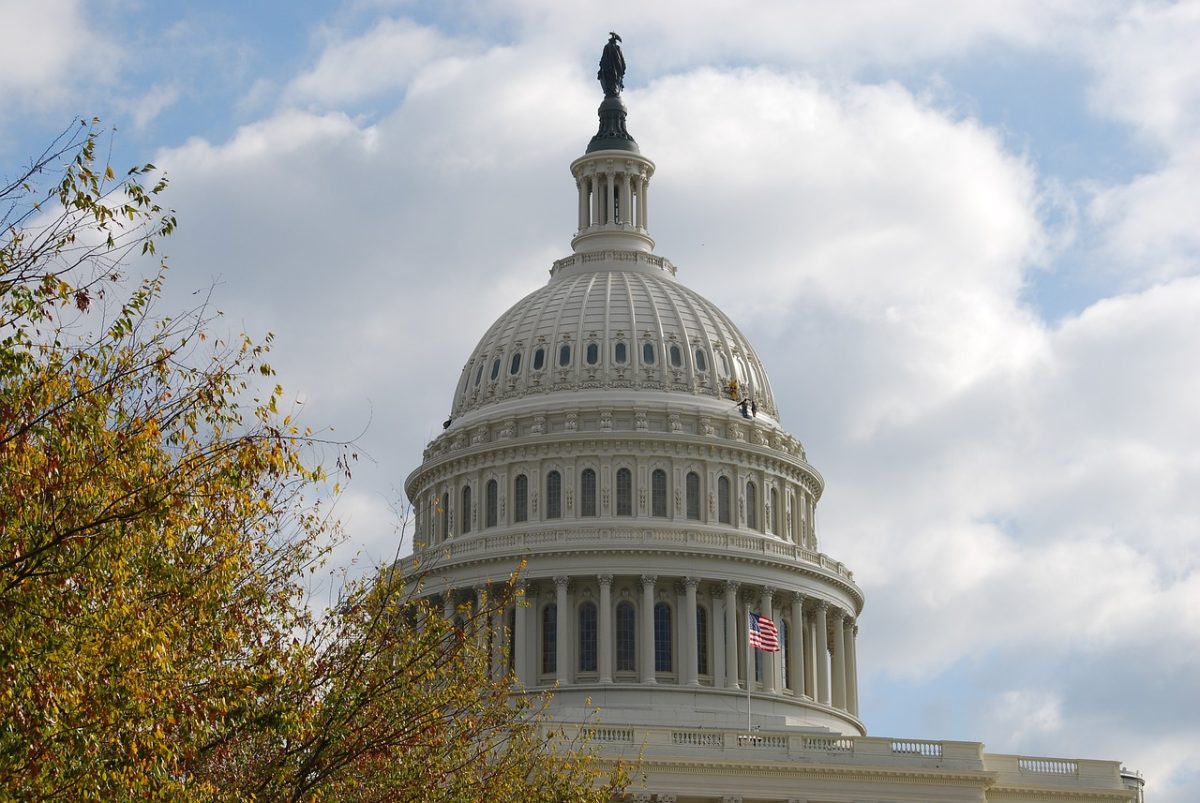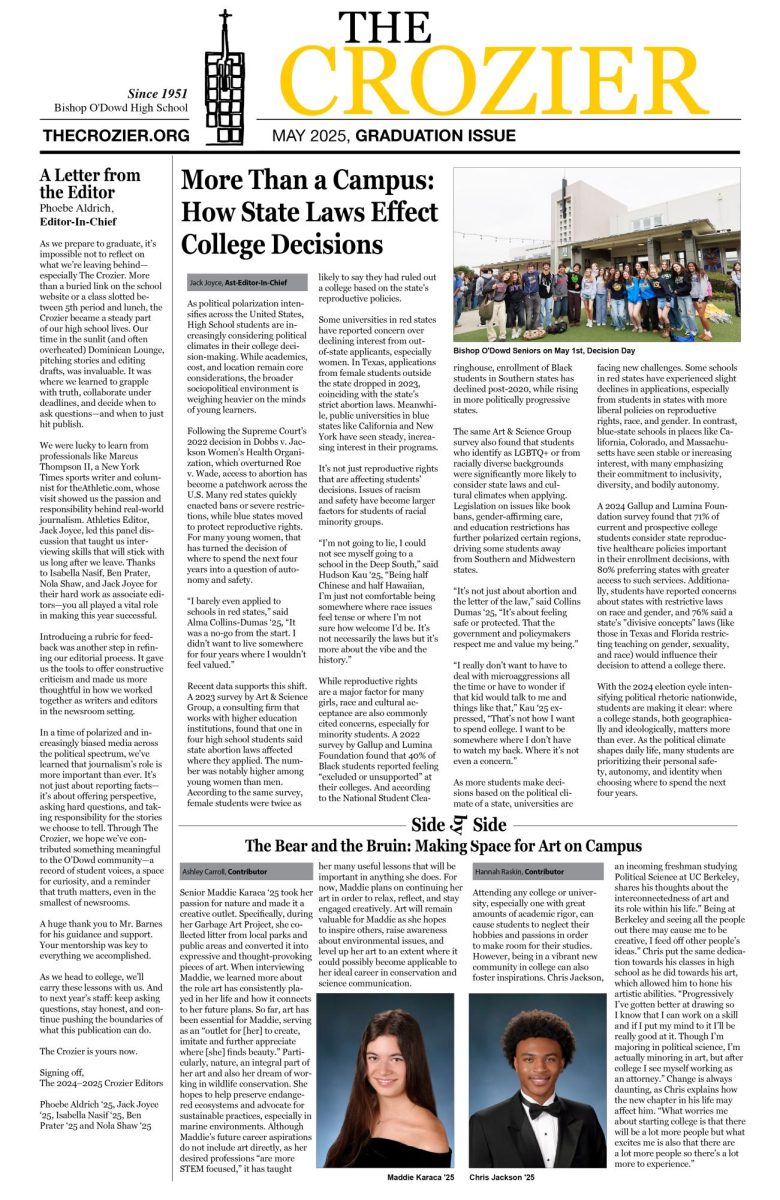The November ballots are in, and California voters have spoken. Proposition 36 passed with 68 percent approval, signaling a new era of crime enforcement in the state. Prop 36 introduces stricter penalties for crimes, aiming to reduce theft and drug-related offenses by focusing on individuals with prior convictions.
The passage of this proposition comes as many Californians grow increasingly concerned about public safety and the effectiveness of past criminal justice reforms.
Under the new law, repeat offenders face harsher consequences for specific crimes, including thefts under $950 and drug possession. This marks a departure from 2014’s Proposition 47, which previously sought to reduce incarceration rates by reclassifying certain nonviolent offenses as misdemeanors.
Legal experts acknowledge that Prop 36 will likely raise state criminal justice costs by tens of millions of dollars. This is attributed to the growing prison populations, heightened incarceration expenses, and additional demands on the court system. Yet, many Californians view these changes as necessary to deter what they perceive as escalating criminal activity.
In Oakland, where residents have been grappling with persistent crime, the passing of Prop 36 leaves many hopeful.
“I park my car outside of the school (Bishop O’dowd), and I just have to pray it doesn’t get broken into. Last year, somebody smashed my window in and took my steering wheel!” – Niko Romios 25’.
Local businesses, frequently targeted by petty theft, are also optimistic. David Shrestha, owner of Eddie’s Liquors on College Ave, Oakland, shared that repeated shoplifting incidents had been a serious issue and put a strain on his business operations:
“Since Thanksgiving last year, my store has been broken into six times. I’ve contacted the police multiple times, but they never do anything to punish the criminals responsible. I hope that prop 36 will finally address the issue of theft here in Oakland.”
While Proposition 36 addresses penalties, its success will largely depend on effective implementation. Since the passage of Proposition 47 in 2014, law enforcement has been relatively lax, so adjusting to the significant changes introduced by Proposition 36 may take time. The increased demands on police and law enforcement activity could also strain resources, potentially hindering their functions.
Moreover, the potential rise in incarceration rates poses challenges for the state’s judicial and correctional systems. Overcrowded prison facilities may require costly expansions, and state courts could see an influx of cases that demand more time and resources.
Ensuring fairness in enforcement is also crucial for maintaining public trust, especially in communities that may have different perspectives on justice.
Advocacy groups such as GLIDE’s Center for Social Justice in San Francisco have voiced concerns that the proposition could disproportionately impact communities of color, increasing criminalization without addressing the root causes of substance use and theft. These groups advocate for oversight to ensure the law is applied equitably, particularly in high-crime areas.
The passage of Prop 36 signals a new chapter in California’s approach to addressing crime. For Oakland residents, it represents a chance to curb repeat offenses and restore confidence in the legal system. Whether it delivers on its promises will depend on the law’s enforcement and how communities adapt to its changes.
Steve Zatkin, a lifelong Oakland resident of 60 years, aptly put it, “We’re all sick of crime here. I just hope this works out.” For now, many Californians share that sentiment, hopeful that Prop 36 marks a turning point for public safety in the state.












